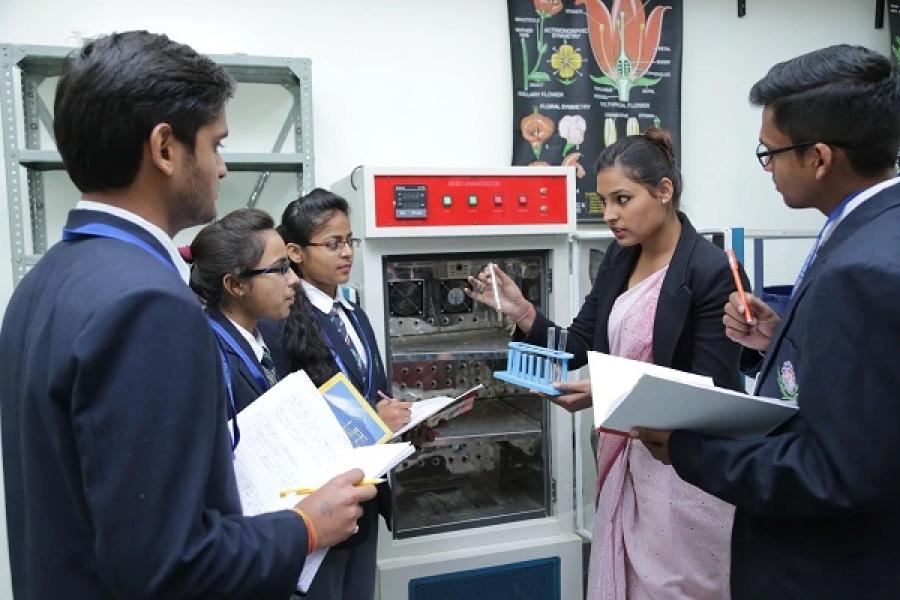M.Sc. Agriculture (Plant Pathology) Course: Details, Eligibility, Fees, Syllabus, Placements
A Master of Science (M.Sc) in Agriculture with a specialization in Plant Pathology is a two-year postgraduate program that focuses on the study of plant diseases and their management. This specialization involves an in-depth examination of the biology, ecology, epidemiology, and control of plant pathogens, including fungi, bacteria, viruses, nematodes, and other microorganisms. The program combines theoretical knowledge with practical applications to prepare students for advanced careers in plant pathology research, disease diagnosis, plant protection, agricultural extension, and biotechnology.
M.Sc in Agriculture with a focus on Plant Pathology equips students with the advanced knowledge and practical skills needed to understand, diagnose, and manage plant diseases, contributing to the sustainable production of food, fiber, and bioenergy crops and addressing global challenges in agriculture.

Best M.Sc Agriculture (with Plant Pathology) College in Uttarakhand, India
- Diagnostic Skills: Ability to identify and diagnose plant diseases accurately.
- Research Skills: Designing experiments, collecting and analyzing data, and interpreting results.
- Technical Expertise: Proficiency in laboratory techniques, molecular biology, and microscopy.
- Problem-Solving: Developing effective strategies for disease management and control.
- Communication: Writing research papers, presenting findings, and communicating with stakeholders.
- Field Work: Conducting field surveys, monitoring disease outbreaks, and implementing control measures.
Key Features of M.Sc Agriculture (with Plant Pathology)
- Plant Pathogens: Identification, classification, and characterization of plant pathogens.
- Disease Epidemiology: Study of the factors influencing the spread and severity of plant diseases.
- Disease Diagnosis: Techniques for detecting and identifying plant pathogens in the laboratory and field.
- Disease Management: Strategies for preventing, controlling, and mitigating the impact of plant diseases.
- Plant-Microbe Interactions: Understanding the interactions between plants and pathogenic microorganisms.
- Integrated Disease Management: Integration of cultural, biological, chemical, and genetic control methods for disease management.
- Molecular Plant Pathology: Application of molecular techniques in studying plant-pathogen interactions and developing disease-resistant crops.
- Biological Control: Use of beneficial microorganisms and natural enemies to suppress plant pathogens.
- Diagnostic Techniques: Laboratory and field methods for disease diagnosis and monitoring.
Career Opportunities after M.Sc. Agriculture (with Plant Pathology)
- Plant Pathologist
- Plant Disease Diagnostician
- Research Scientist
- Extension Specialist
- Biotechnologist
- Agricultural Consultant
- Seed Pathologist
- Phytosanitary Officer
- Biological Control Specialist
- Crop Protection Manager
- Quality Assurance Manager
- Academic Educator
- Government Regulatory Officer
- Agricultural Biotechnology Industry
USP's
- Experienced faculty members to enrich comprehensive knowledge.
- Value added courses
- L & T Powered Programmes.
- Guaranteed Campus Internship and Placement Drive.
- Nasscom foundation industry oriented courses
- IBM, TCS advanced technologies program
Fee Structure
| Year | Fee |
|---|---|
| First Year | ₹ 77,000 |
| Second Year | ₹ 60,000 |
Admission Criteria
Passed BSc agriculture or any other relevant bachelor's degree with atleast 60% marks from recognized university or board
















